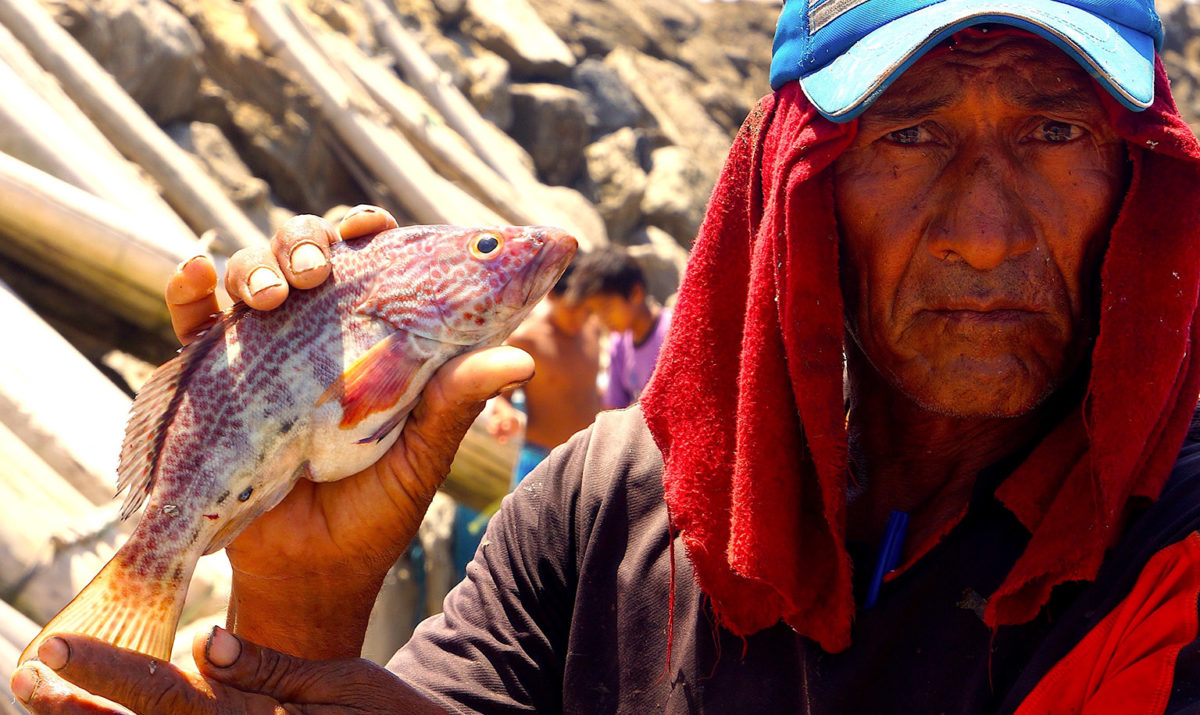The past year has been difficult for much of Latin America: The pandemic has hit the region harder than most, a series of natural and manmade disasters has adversely impacted communities from Honduras to Brazil, and violence is surging.
On the environmental front, the pandemic has undercut livelihoods associated with ecotourism and research, environmental law enforcement has waned in some places leading to rampant expansion of illegal activities, deforestation and the incidence of fire is increasing, and environmental defenders and Indigenous communities have been disproportionately the target of rising violence.
“The pandemic has been terrible and tragic to people,” Enrique Ortiz, a Peruvian biologist who works at the Andes Amazon Fund philanthropic initiative, told Mongabay during a recent interview. “The pandemic not only brought death but also poverty and pressure on natural resources. Not having other alternatives, lots of people moved from the cities to the fields and the forest. And in times with hardly any enforcement, illegality exploded.”

But there have also been examples of resilience and hope in the midst of the pandemic, says Ortiz.
“We have been quite surprised to see efforts in multiple places where communities and municipalities have not stopped in protecting wilderness in their jurisdictions,” he said. “In Bolivia, for example, close to 3 million hectares have been legally protected in the last few months. A huge Isolated Indigenous Area was recently created by the Peruvian government.”
Ortiz’s perspective is grounded in more than four decades in roles spanning the conservation sector, including field biologist as an academic, conservation practitioner at NGOs like Conservation International and the Smithsonian Institution, and program officer at philanthropic foundations like the Moore Foundation, the Blue Moon Fund, and the Andes Amazon Fund.

Over the course of his long career, Ortiz has seen changes in the conservation sector, including increased capacity of civil society in Latin America, greater awareness of the role Indigenous peoples play in achieving conservation outcomes, a huge increase in the number of protected areas across the region, and better understanding and communication of environmental problems. But he sees less hopeful trends for the environment as well, including weakening governance, growing violence, and worsening degradation.
Ortiz spoke about these issues and more during an April 2021 conversation with Mongabay.

